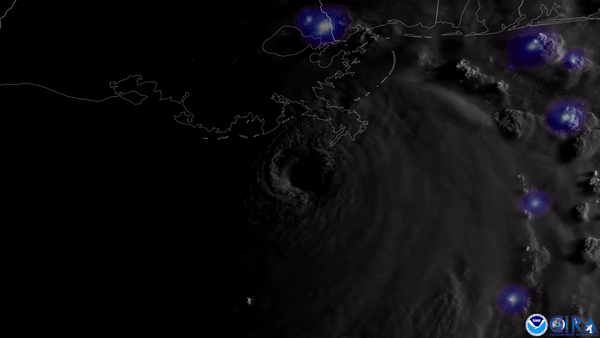 |
| August 31, 2021 |
 |
| |
| |
| |
| |
| |
| |
| |
| Weather Their Lives Have Been Upended by Hurricane Ida Theresa and Donald Dardar lived their whole lives in coastal Louisiana. They knew the "big one" might come someday. It did, and now everything is uncertain. |  | By Duy Linh Tu | 05:41 | | | |
| |
| |
| |
| |
| |
| Policy Fix Disaster Response Now Emergency management leaves out vulnerable groups and is poorly prepared for worsening climate-related disasters | | | | |
FROM THE STORE
 | | | |
| |
FROM THE ARCHIVE
 | | | |
| QUOTE OF THE DAY
 "We humans have been using the atmosphere as a dumpster for more than 50 years now. We've been putting all of these waste gases, mostly from burning fossil fuels, into the atmosphere. And we have known for a very long time that these gases trap heat that largely goes into the ocean, thereby fueling these storms and also warming up the atmosphere. That's really the underlying disease, so to speak, that we need to treat." Jennifer Francis, atmospheric scientist at the Woodwell Climate Research Center | |
LATEST ISSUES
 |
| |
| Questions? Comments?  | |
| Download the Scientific American App |
| |
| |



